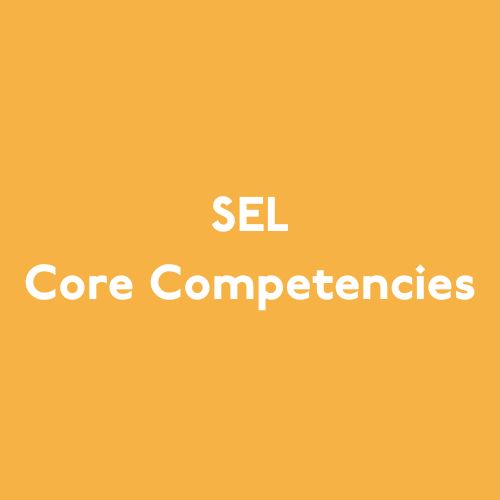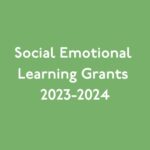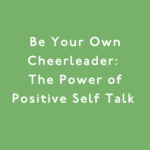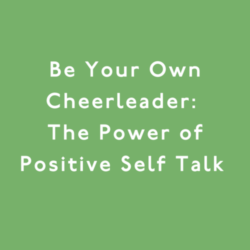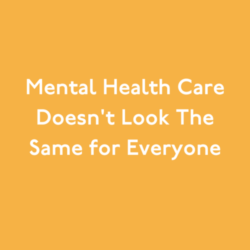The Collaborative for Academic, Social and Emotional Learning (CASEL) defines social emotional learning as the process through which children and adults acquire and effectively apply the knowledge, attitudes, and skills necessary to understand and manage emotions, set and achieve positive goals, feel and show empathy for others, establish and maintain positive relationships, and make responsible decisions. By developing these skills, children and adults are better able to address and strengthen their social and emotional wellbeing. For schools, this means learning environments that are safe, supportive and more successful. However, this information is valuable for anybody. When we feel supported socially and emotionally we’re able to perform to our best ability and thrive in all areas of life. Social emotional learning provides the foundation students (and adults) need to be more successful in school, in the workplace, and in their lives.
Areas of Emotional Intelligence:
Social emotional learning has been broken down into five core competencies. These competencies look very similar to Daniel Goleman’s four areas or domains of emotional intelligence.
1. Self-awareness
Self-awareness is our capacity to recognize our individual feelings and emotions as well as the ability to express them accurately and productively. For example, if we have a strong self-awareness we will easily be able to differentiate how we feel when we’re stressed versus when we’re angry.
2. Self-management
Self-management is our capacity to successfully manage and regulate our emotions, particularly difficult ones. For example, when we are stressed, do we use a particular set of management strategies or coping techniques? Do these strategies and techniques help to calm us down so that we can continue on with our days, or do we allow our stress to derail us?
3. Social awareness
Social awareness is our capacity to appreciate the thoughts, feelings and perspectives of others. It’s our ability to put ourselves “in someone else’s shoes” and truly empathize with them. Social awareness also involves understanding and respecting social and ethical norms. When we build our ability to achieve these things were able to form stronger connections with our communities.
4. Relationship skills
Relationship skills involve our capability to form and maintain relationships with others. This involves our ability to communicate, mediate disagreements, and work successfully in teams. It’s important to keep in mind that these skills should lead to healthy, meaningful relationships rather than destructive ones.
5. Responsible decision making
Responsible decision making is our ability to make positive choices. When making choices you should be thinking about what consequences this could have on your personal life and on others. Responsible decisions require that you think about your personal beliefs as well as social and ethical norms.
What do social emotional learning core competencies look like in the classroom?
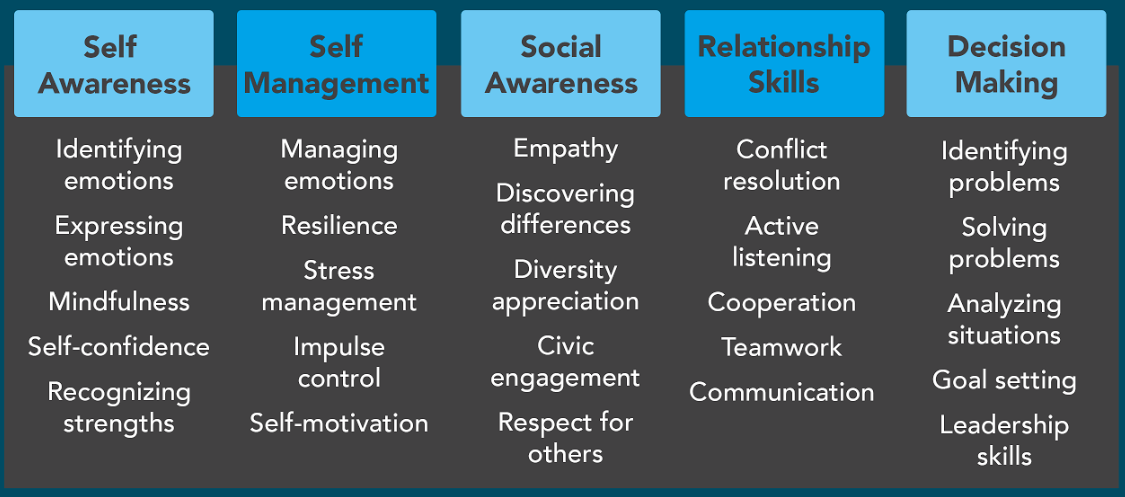
SEL’s five core competencies
Even after defining the five competencies, it can still be difficult to clearly envision what this means for our students. What should this look like in the classroom? What specific social and emotional skills should students be developing? The list below matches specific skills to each of the SEL competencies.
-
Self awareness: identifying emotions, expressing emotions, mindfulness, self-confidence, recognizing strengths
-
Self management: managing emotions, resilience, stress management, impulse control, self-motivation
-
Social awareness: empathy, discovering differences, diversity appreciation, civic engagement, respect for others
-
Relationship skills: conflict resolution, active listening, cooperation, teamwork, communication,
-
Responsible decision making: identifying problems, solving problems, analyzing situations, goal setting, leadership skills
Sign up for Move This World’s newsletter to stay up to date on social emotional learning core competencies.
Enter your email below!
